University of California San Francisco
Give to UCSF-
-
New Concussion Headset Shows When it’s Safe to Return to Play
A new digital headset designed to measure alterations in brain function could change decisions about how quickly an athlete is ready to return to play after a concussion.
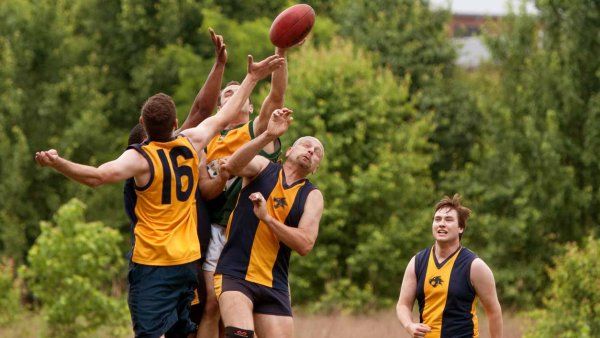
-
Long COVID Symptoms Can Emerge Months After Infection
Long COVID symptoms can persist for a year after initial infection, or re-emerge months later after disappearing.

-
Renowned Specialist to Lead UCSF Urology Program
Benjamin N. Breyer, MD, MAS, FACS, a renowned leader in urology and urological surgery, has been appointed chair of the UCSF Department of Urology.

-
It’s a Busy, Noisy, Bright World. For Some, Going Out Is Hard.
-
Unhappy Family or Trauma in Youth Leads to Poor Health in Old Age
Adverse experiences early in childhood and early life have been linked to lifelong health consequences.

-
Millions of Long-Term Smokers Have Lung Disease that Defies Diagnosis
Millions of Americans with tobacco-related disease have symptoms that don't fit any existing tobacco-disease criteria

-
Blood Test May Reduce Risk of Disability in Kids
An experimental blood test that reflects injury to nerve cells from multiple sclerosis (MS) was found to work for children with MS and other neurological conditions, even when they are symptom-free.
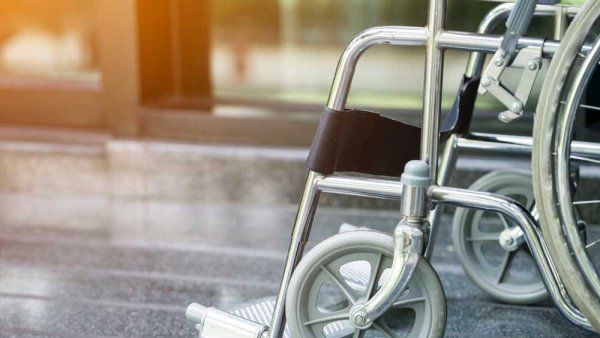
-
Deadly Dust: Engineered Stone Is Making California Workers Sick
Toxic dust from artificial stone slabs popular in kitchen countertops in the U.S. is causing a rising numbers in lung disease among stone workers.

-
How a Rare Dementia Unleashes Creativity
-
Acute Kidney Injury Will Not Worsen Chronic Kidney Disease
UCSF study found that acute kidney injury was found in patients with chronic kidney disease.

-
Looking to Cut Back on Wine and Beer? This Pill Might Help
People looking to cut back on binge drinking alcohol can take a single pill of naltrexone right before drinking to curb consumption.
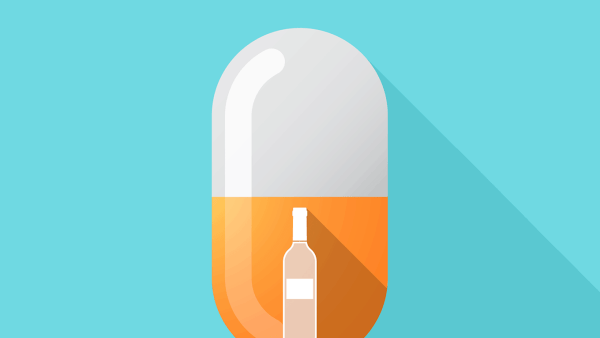
-
If You Never Got Sick From COVID, Thank Your Genes
-
Can Artificial Intelligence Reduce Invasive Testing and Improve Cardiac Diagnostics?
Improving predictive models with artificial intelligence may help advance diagnostics for heart disease and limit invasive testing with catheters that can be risky, especially for patients already experiencing heart and stroke issues.
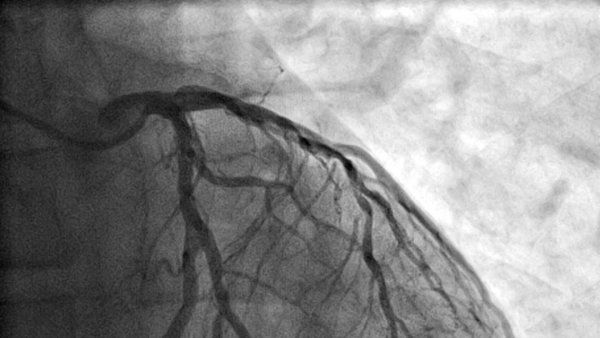
-
Gene Mutation May Explain Why Some Don’t Get Sick from COVID-19
A common mutation can help people infected with the COVID-19 virus avoid developing any symptoms.
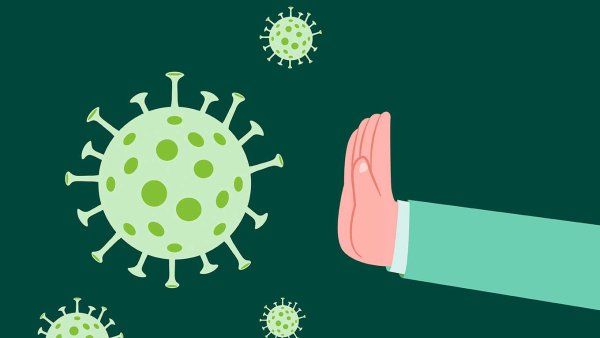
-
How to Be Safe During a Summer Heat Wave
In this Q&A, UCSF experts offer tips on how to stay protected during heat waves, and how to be aware of treat heat-related illnesses.
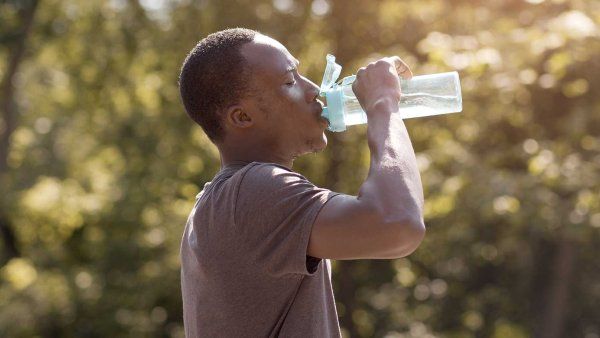
-
Commentary: New Class of Drugs Shifts Momentum on Alzheimer’s
A new Alzheimer’s drug is expected to be approved by the Food and Drug Administration (FDA). However, the medication works best mostly for those in the earliest stages of Alzheimer’s.
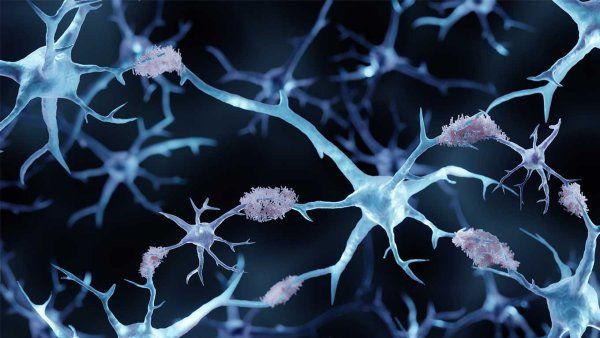
-
COVID-19 Vaccines Saved Dementia Patients’ Lives in Nursing Homes
Deaths among older adults with dementia fell starkly in nursing homes and long-term care centers after COVID-19 vaccinations became available, but remained high for those living at home.

-
Don’t Take Chances: Why Doxycycline is a Great Bet Against STIs
A short course of antibiotics, Doxy-PEP, can prevent some STIs after condomless sex.

-
How a Rare Dementia Transforms Patients Into Artists
A rare burst of visual creativity is seen occasionally in patients with frontotemporal dementia. A UCSF-led study offers new insights into how this talent develops as key areas of the brain degenerate.
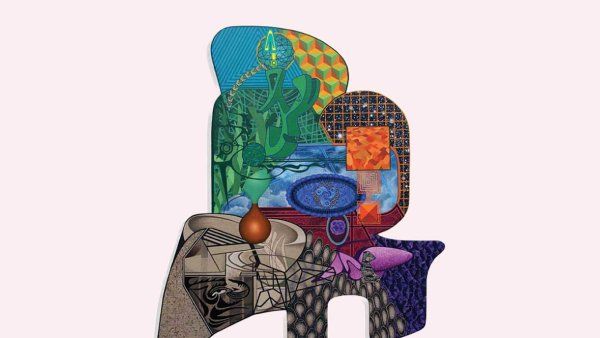
-
An Old Drug Offers a New Way to Stop STIs
-
With ‘Endemic,’ High-Profile S.F. Doctor Monica Gandhi Provides a Post-Mortem to the COVID Era
-
California Has Spent Billions to Fight Homelessness. The Problem Has Gotten Worse
-
UCSF to Study Alzheimer’s Genetics in North American Asians
UCSF is helping to create the first large group of Asian American study participants to help improve Alzheimer’s disease care for the Asian community North America.
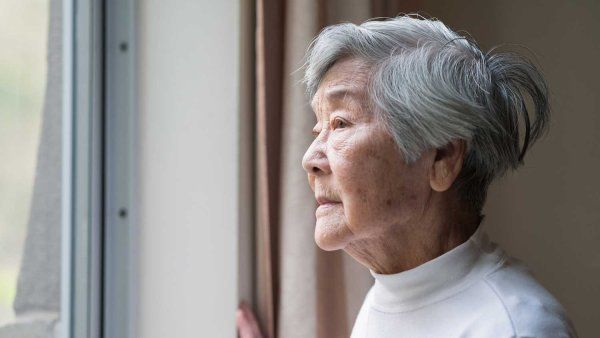
-
Does Sugar Actually Feed Cancer?
-
We Have a Dopamine Problem
-
Bay Area Restaurateurs Grapple With Loss of Smell and Taste After Getting COVID-19
-
Genetic Variant Identified That May Increase Multiple Sclerosis Severity
-
Could What Makes Multiple Sclerosis Worse Lead to a Cure?
A large, collaborative study on multiple sclerosis (MS) severity found that a single gene variant is predictive of much faster neurodegeneration in MS patients.
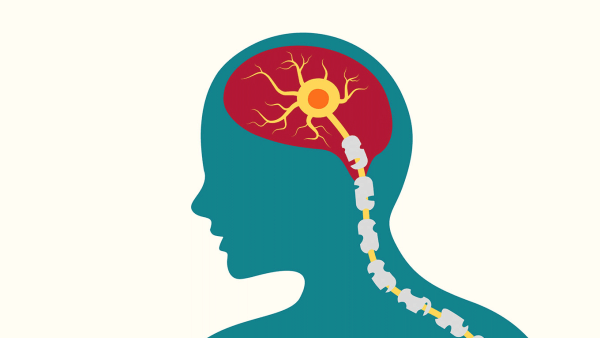
-
UCSF Among First in U.S. to Receive New Surgery Designation
UCSF is one of four U.S. hospitals to be verified as part of the ACS Vascular Verification Program.
